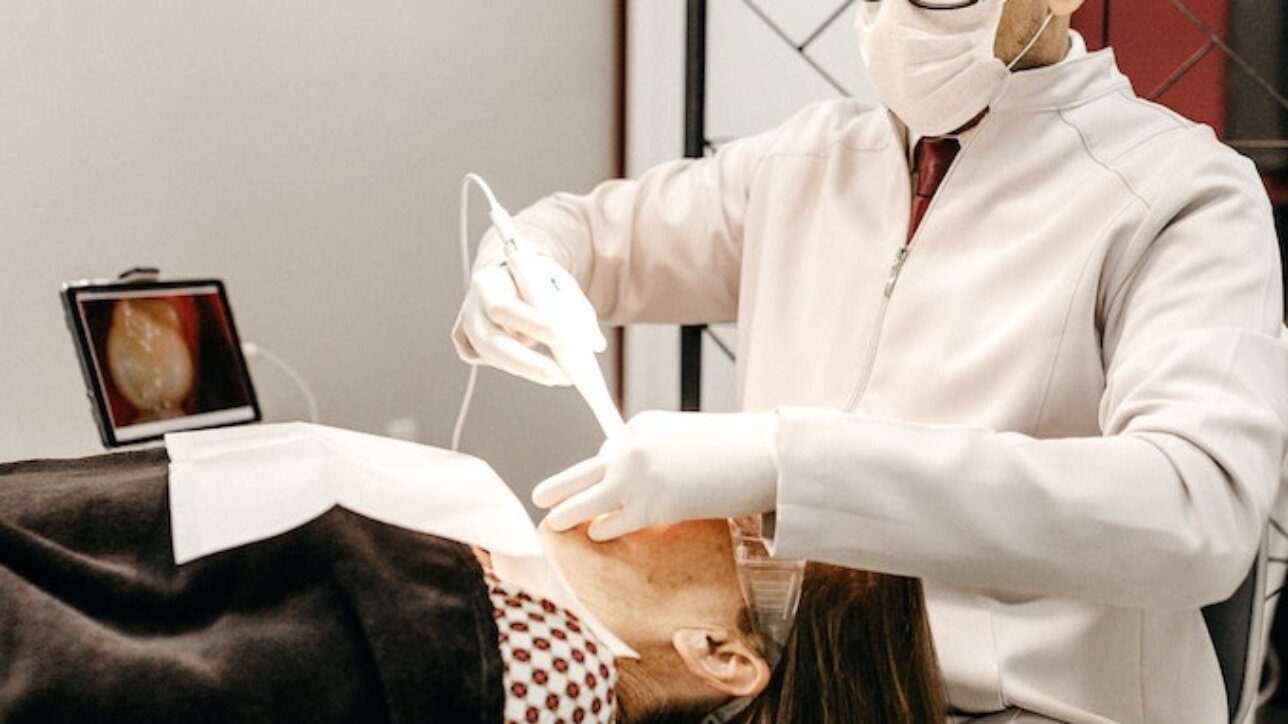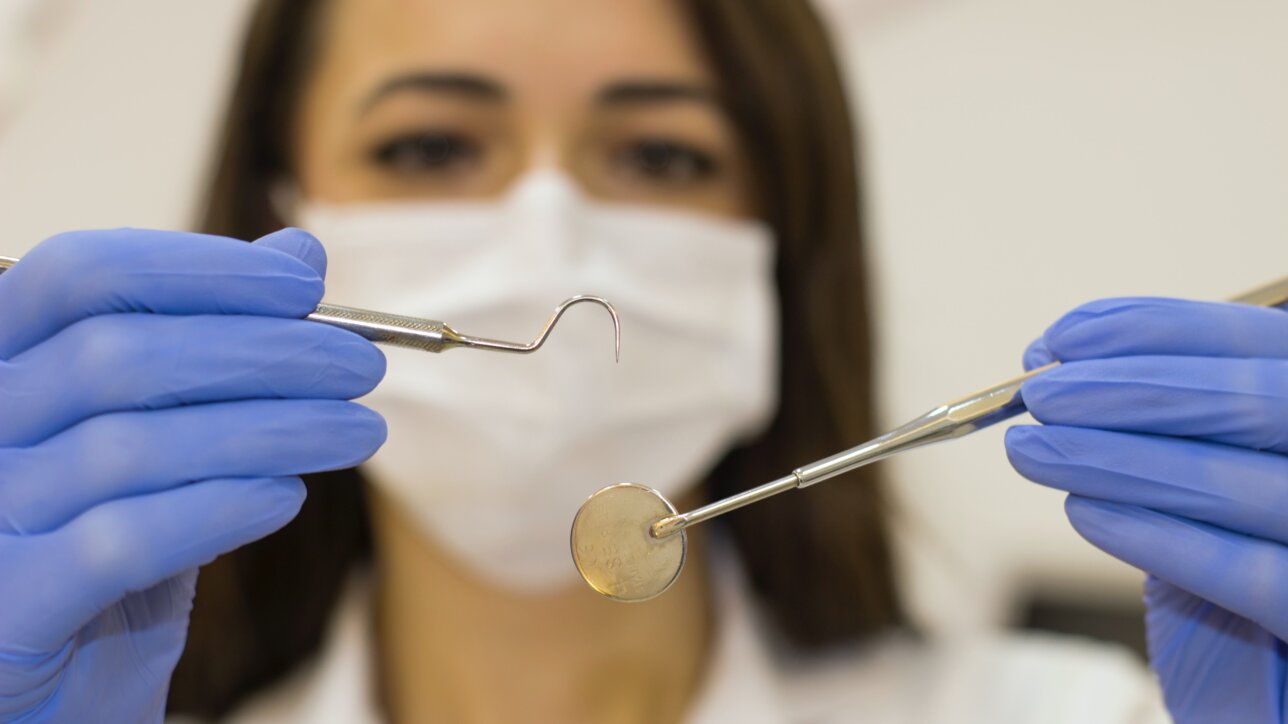
January 19, 2021
5 Ways to Retain Your Dental Practice Team

Like the rest of the world, dental practices and their staff were blindsided by the COVID-19 pandemic. Between mandatory shutdowns and changes in practice operations, dental staff has had to be resilient both professionally and personally. With the promise of a new year and vaccines on the horizon, now is as good of a time as any to put your dental staff first to ensure they retain with the practice. Here’s how.
Personal touch
The best way to help your staff is to get to know them better. What struggles or obstacles have come up for certain staff members? Rather than jump to conclusions or assumptions, have an honest talk with each staff member to see what you could be doing differently during this time to support them. Or better yet, send an anonymous survey to staff members for honest feedback.
Incentives
The best way to track performance is to set goals and work together to track how everyone is doing. Offering incentives or some kind of buy-in helps keep staff motivated and on track with company performance. In turn, you will begin to see productivity increase and turnover decrease.
Fair pay
As a way to cut corners, some dental practices don’t allow a clinical team member to clock their time until the first patient arrives without paying for setup time or if a patient is a no-show. If a dental practice isn’t paying staff for the work they do, they will find a dental practice that will.
Return on investment
Paying for continuing education credits is not just a benefit for the employee. Your patients, team and practice will all be better for it. And as a bonus, you’ll be able to write off any costs as a business expense.
Honesty
Honesty really is the best policy, and establishing a dental practice in which staff feels comfortable sharing their dream or even preferred setting looks like is worth asking. Even if changes can’t be made in the immediate future, it will make staff feel heard and set the tone that their contribution is valued to help grow your staff members and the practice.
What’s next?
Contact the experts at Professional Transition Strategies to learn more about how your dental practice stands up to the rest.

